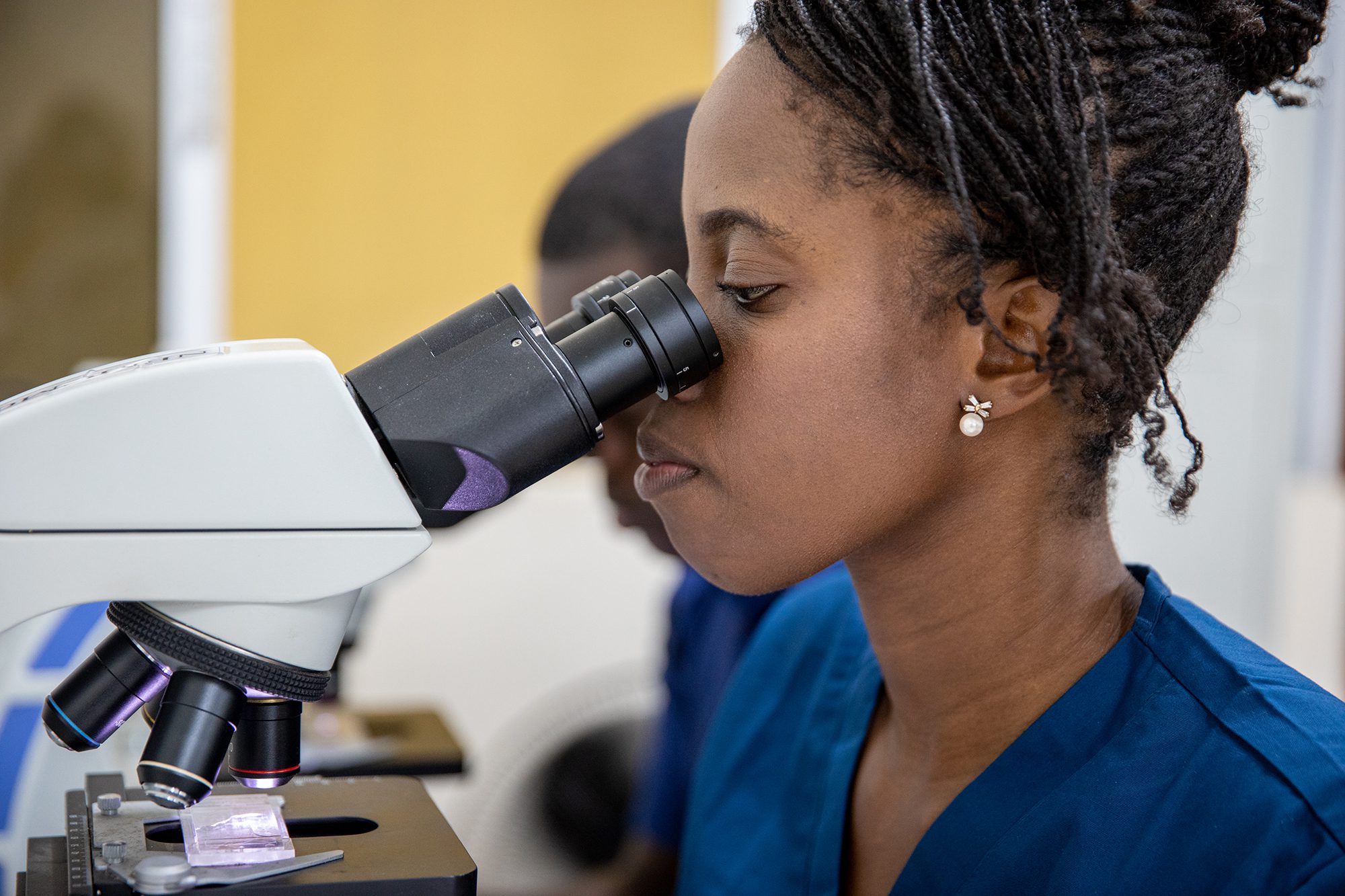Scope
This flagship initiative is an opportunity to better understand, predict and prevent (re)emergence of infectious animal, human, or plant diseases of epidemic potential.
It aims to improve epidemic preparedness by supporting ambitious interdisciplinary research that will:
- improve our understanding of factors that influence the risk and severity of infectious disease threats
- inform new ways to manage and respond to infections disease threats
The conducting of such research will enhance our capability to respond to these threats, through stimulating interdisciplinary research capacity and expertise.
Phase one provided seed funding to build interdisciplinary teams and develop research ideas to encourage new disciplines and groups into this research and innovation area. Through this second funding opportunity, we want to fund research in a range of key areas where there is a clear epidemic threat. You do not need to be in receipt of phase one funding to apply and we welcome applications from new or established groups.
Funded projects are expected to become national or international focal points for epidemic-relevant interdisciplinary research in their chosen area. They will produce outputs that have positive and tangible impacts to better understand, predict and prevent epidemics in the UK or internationally. As a group of funded projects, they will work collectively to share learning, expertise and interdisciplinary best practice, where appropriate.
Pathogens (for example, bacteria, viruses, fungi, parasites and oomycetes) within all reservoirs are within scope, providing they have epidemic potential. This includes, but is not exclusive to:
- animals (aquaculture, farmed, companion and wild)
- humans
- plants (crops, trees both horticultural and wild)
- natural environments
- animal-human-environment interface
This funding opportunity is aimed at projects focusing on pathogens that are considered a significant threat now or in the future to animal, human or plant health. You will be expected to justify the epidemic potential of the pathogens or types of pathogens included in your application.
Apply
Who is eligible to apply
To be eligible to apply for this funding opportunity you must:
- focus your application to deliver ambitious interdisciplinary insights to better understand, predict or prevent infectious diseases of animals, humans or plants with epidemic potential
Given the interdisciplinary nature of the opportunity, note that:
- the project lead should be the individual who will act as our main contact and coordinator of the research programme. The project lead’s research organisation will be responsible for all administration relating to the award
- the project lead can be from any discipline
- the intellectual leadership of the project can be shared and is encouraged including with project co-leads (international). Details of the management structure of your project can be captured in your application
- the research proposed, and therefore team expertise, must cross the disciplinary remits of at least three UKRI research councils
For applicants who do not have a contract of employment for the duration of the proposed project, by submitting an application the research organisation is confirming, if it is successful:
- contracts will be extended beyond the end date of the project
- all necessary support for the project and the applicants will be provided, including mentorship and career development for early career researchers
Who is not eligible to apply
You are not eligible to apply for this funding opportunity as the project lead if you are based at an international research organisation. This does not include project leads from MRC Unit The Gambia or MRC/UVRI Uganda Research Unit at the London School of Hygiene and Tropical Medicine.
International researchers
International researchers, including those from low and middle-income countries (LMICs), can apply as ‘project co-lead (international)’. Project co-leads (international) should make a major intellectual contribution to the design or conduct of the project. A project co-lead (international) is an individual employed by an international research organisation (including registered higher education institutions, national funder or government-supported research establishments, independent research organisations, for example charitable or non-governmental organisations) who otherwise fits the normal definition of a co-lead.
Help build the STAR IDAZ community.
Share reports and updates on social channels.





